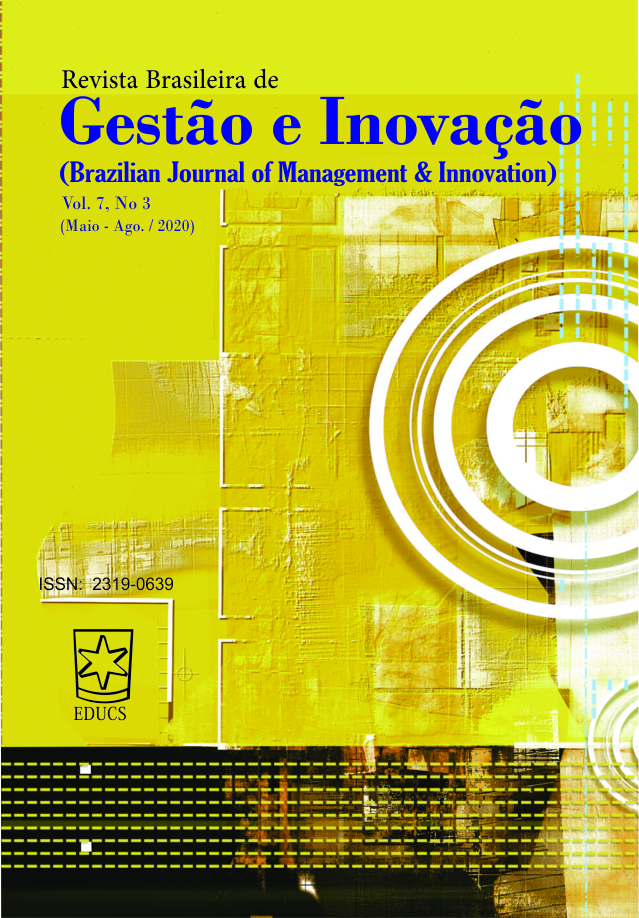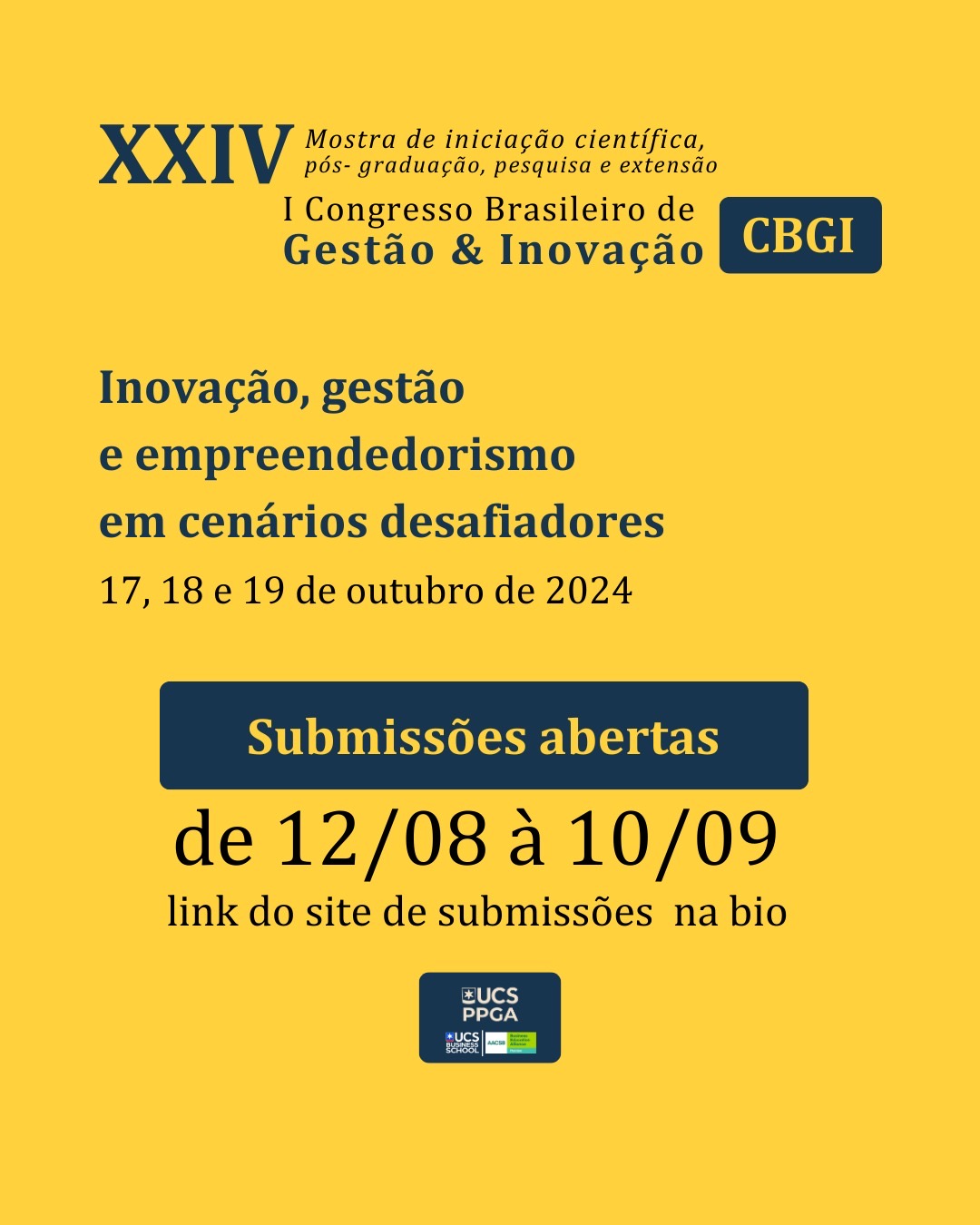O NARCISISMO DO CONSUMIDOR E AS ESTRATÉGIAS DE MARKETING: UMA ABORDAGEM TEÓRICA | CONSUMER NARCISSISM AND MARKETING STRATEGIES: A THEORETICAL APPROACH
Keywords:
Narcisismo, Consumidor, Estratégias de Marketing.Abstract
O narcisismo é um termo oriundo da psicologia, mas que tem encontrado campo fértil na descrição de grupos de consumidores que têm expressado maior preocupação com o “eu”. O marketing, neste sentido, tem explorado este traço da personalidade humana em diversos segmentos da publicidade, atuando no sentido de explorar mercados e influenciar atitudes. Como consequência, profissionais do marketing estão estabelecendo novas estratégias que atraem este novo consumidor, explorando comercialmente estes perfis. Neste contexto, o objetivo geral do artigo consiste em analisar como o narcisismo, enquanto tendência, pode influenciar as estratégias de marketing. Para tanto, foi realizada uma pesquisa bibliográfica, de natureza básica e objetivo exploratório. A análise dos dados se deu mediante a técnica de análise de conteúdo, dividida em três categorias a priori: “o indivíduo narcisista” (conceitos e caracterizações), “o consumidor narcisista” (definições e implicações em termos de hábitos de consumo) e “a exploração mercadológica do narcisismo” (como o marketing pode se apropriar do perfil de consumo narcisista). Os resultados apontam que características da personalidade narcisista afetam o comportamento de compra do indivíduo, o qual objetiva uma atenção voltada para si e uma busca por produtos e serviços que o representem, fazendo-o se sentir exclusivo. Ainda, estratégias de marketing pautadas na cocriação de valor e na personalização atendem ao consumidor narcisista.
DOI: 10.18226/23190639.v7n3.08
Ricardo Antonio Reche*, Faculdade de Integração do Ensino Superior do Cone Sul (FISUL). Brasil.
E-mail: ricardo.reche@fisul.edu.br
Adriana Locatelli Bertolini, Faculdade de Integração do Ensino Superior do Cone Sul (FISUL). Brasil.
E-mail: locatelli.bertolini@gmail.com
Rochele Rigatti Debona , Faculdade de Integração do Ensino Superior do Cone Sul (FISUL). Brasil.
E-mail: rochele.cheli@hotmail.com
Submetido: Março 2019
Aceito: Outubro 2019
*Contato para Correspondência
Downloads
Published
How to Cite
Issue
Section
License
The author must guarantee that:
- there is full consensus among all the coauthors in approving the final version of the document and its submission for publication.
- the work is original, and when the work and/or words from other people were used, they were properly acknowledged.
Plagiarism in all of its forms constitutes an unethical publication behavior and is unacceptable. Revista Brasileira de Gestão e Inovação has the right to use software or any other method of plagiarism detection.
All manuscripts submitted to RBGI - Revista Brasileira de Gestão e Inovação go through plagiarism and self-plagiarism identification. Plagiarism identified during the evaluation process will result in the filing of the submission. In case plagiarism is identified in a manuscript published in the journal, the Editor-in-Chief will conduct a preliminary investigation and, if necessary, will make a retraction.
This journal, following the recommendations of the Open Source movement, provides full open access to its content. By doing this, the authors keep all of their rights allowing Revista Brasileira de Gestão e Inovação to publish and make its articles available to the whole community.
RBGI - Revista Brasileira de Gestão e Inovação content is licensed under a Creative Commons Attribution 4.0 International License.
Any user has the right to:
- Share - copy, download, print or redistribute the material in any medium or format, linking to RBGI site.
- Adapt - remix, transform and build upon the material for any purpose, even commercially.
According to the following terms:
- Attribution - You must give appropriate credit, provide a link to the license, and indicate if changes were made. You may do so in any reasonable manner, but not in any way that suggests the licensor endorses you or your use.
- No additional restrictions - You may not apply legal terms or technological measures that legally restrict others from doing anything that the license permits.
#RBGI








